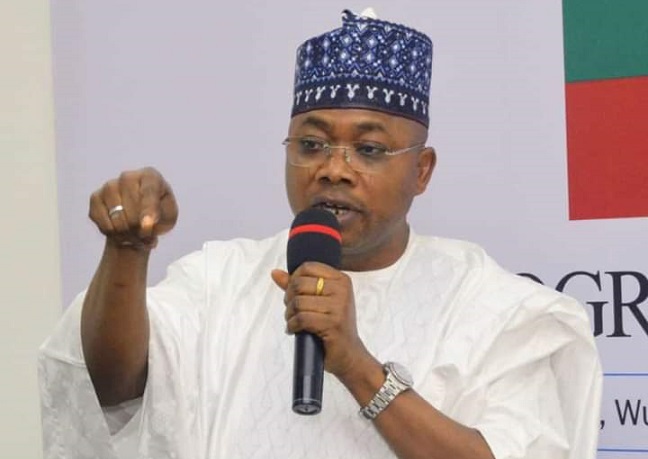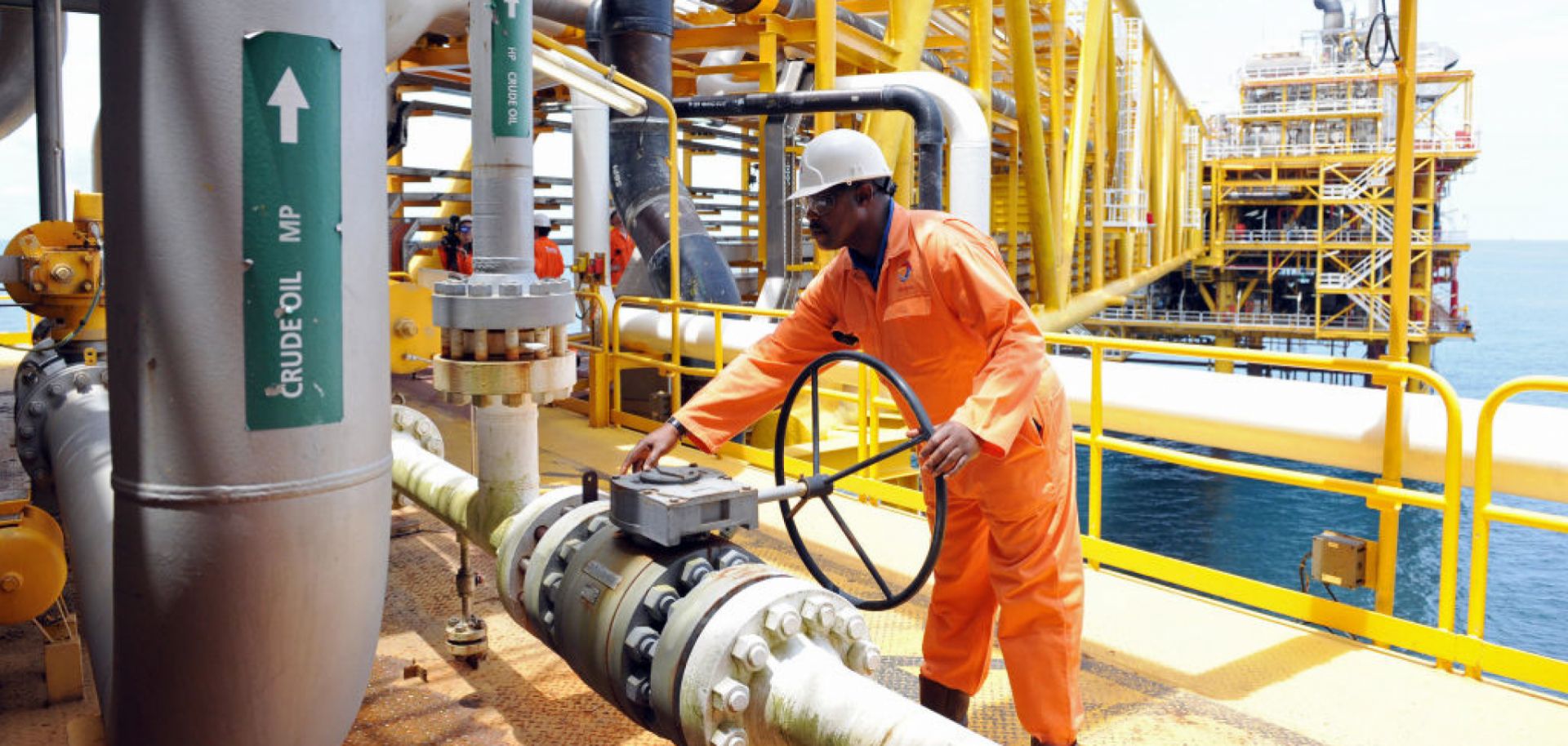Electricity users on Wednesday, condemned the 9.42 percent increase in average power generation over a seven-year period as “abysmally low.”
According to the Punch, information from the Nigerian Electricity Regulatory Commission’s recently published 2022 Market Competition Report, the country’s average power generation decreased by 335 megawatts-hour/hour between 2015 and 2022.
“While the commission continues to provide direction and guidance towards overcoming the multitude of challenges facing the Nigerian electricity supply industry, the daily average generation has continued to increase,” the NERC added in the report.
“The daily average generation of 3,557MWh/h produced in 2015 was 9.42% more than the 3,892MWh/h recorded in 2022. It is noteworthy that gas shortages, transmission and distribution network limitations, and occasionally commercial concerns account for the difference between the available capacity and actual generation.”
Consumers of electricity, meanwhile, were outraged by the 9.42% increase in average electricity generation and questioned how long it would take the country and its power suppliers to meet customer expectations.
The national secretary of the Nigerian Electricity Consumer Advocacy Network, Uket Obonga, asked, “Can you say that is an improvement? Would you consider that to be beneficial if you experienced that level of growth for seven years, which equates to an annual growth rate of 1.3% on average? It is really low!
“There isn’t any significant growth there. It has been growing by roughly 1.3% annually for the previous ten years. In fact, the power sector has grown annually by roughly 1.1% from 2010 until around February or March of this year.”
The NERC report also noted that since 2015, when the power manufacturing companies were transferred to private investors, the installed and operating generation capabilities of the plants connected to the grid have continued to rise.
“As of December 2022, 28 power plants in NESI were in operation. The level of competitiveness in that value chain link has improved to some extent due to the greater number of current power plants.
“NESI’s installed capacity increased from 12,132 MW in December 2015 to 13,097 MW in December 2022, a 7.95% increase. The capacity available stood at 4,059MW as at December 2022,” it stated.
The president of the Nigerian Electricity Consumers Association, James Chijioke, also commented on the average power generation rise, claiming that it was inconsequential in light of the country’s population’s high demand for electricity.
He said, “They might label it as growth, but how many people are actually gaining from it? In Nigeria, the majority of SMEs (Small and Medium Enterprises) still rely on generators to power both their small and large-scale operations.
When compared to the rise in electricity production from the sector, “the number of individuals who need power has expanded enormously. Overall, the 9.4% rise is negligible and should not be welcomed.”











